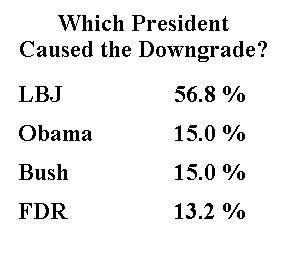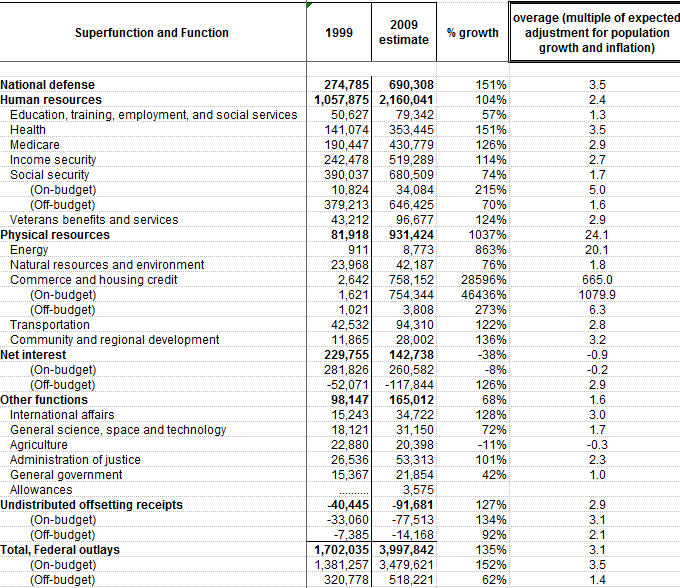David Boaz reviews the philosophical and economic underpinnings of the Harold and Kumar movies:
Escaping persecution, poverty, and hunger . . . to find ample food and unlimited choices . . . the pursuit of happiness . . . the American Dream. Yes, I think writers Jon Hurwitz and Hayden Schlossberg were on to something.
And then in the sequel, Harold & Kumar Escape from Guantanamo Bay, after another improbable road trip, the fugitive youths literally dropped in on George W. Bush’s Texas ranch. In the increasingly fantastic plot, the president invited them to join him in hiding from the scary Cheney, shared his pot with them, and then promised to clear up the unfortunate misunderstanding that landed them in Guantanamo Bay. An uninhibited but still skeptical Kumar said, “I’m not sure I trust our government any more, sir.” And President Bush delivered this ringing libertarian declaration:
Hey, I’m in the government, and I don’t even trust it. You don’t have to trust your government to be a patriot. You just have to trust your country.
Harold & Kumar: more wisdom than a month of right-wing talk radio. Hurwitz and Schlossberg get what America is about.
Not having seen any of the movies, that certainly sounds like the kindest treatment George W. Bush has ever received from Hollywood.

 Well, it turns out that Social Security is a relatively minor part of the problem, so even though President Roosevelt’s policies exacerbated and extended the Great Depression, the program he created is only responsible for a small share of the fiscal crisis. To give the illusion of scientific exactitude, let’s assign FDR 13.2 percent of the blame.
Well, it turns out that Social Security is a relatively minor part of the problem, so even though President Roosevelt’s policies exacerbated and extended the Great Depression, the program he created is only responsible for a small share of the fiscal crisis. To give the illusion of scientific exactitude, let’s assign FDR 13.2 percent of the blame.


